Lockdown anniversary: From ‘bio-bubble to saliva ban’, how COVID-19 infected sports
March 24, 2021 marked the one-year anniversary of the lockdown and like everything, the sporting world witnessed many hurdles and changes in last one year.
- Rule changes in sports after the resumption had mostly to do with social distancing and avoiding as much contact as possible.
- In tennis, two Grand Slams and the World Tour Finals took place after sports returned.
- Pre-match handshakes were disallowed in all sports and teams arrived on the field at different times.
Trending Photos
) IPL 2020 was moved to UAE amid COVID-19 pandemic and held inside empty stadiums. (Photo: BCCI/IPL)
IPL 2020 was moved to UAE amid COVID-19 pandemic and held inside empty stadiums. (Photo: BCCI/IPL) On March 24, 2020, India announced one of the most stringent country-wide lockdowns in the world to combat Covid-19, the epidemic that was beginning to sweep across nations and the world hasn’t been the same since then.
March 24, 2021 marked the one-year anniversary of the lockdown and like everything, the sporting world witnessed many hurdles and changes in last one year. It is no secret that the COVID-19 pandemic has adversely affected the sports world both on and off the field and for sports lovers around the world, 2020 was a major turn-off. The sports calendar went for a toss, thanks to the pandemic. Almost all the major events were either cancelled or postponed
From cricket to athletics, the pandemic spared no sport and it changed the world of sports as we know it. The impact of the pandemic was such that the 2020 Summer Olympics in Tokyo were rescheduled to 2021. Notably, this is the first time in history that the games have been postponed.
Not only Olympics but numerous sporting events around the globe including cricket series, football tournaments, tennis events, motor sports, etc were either cancelled or rescheduled.
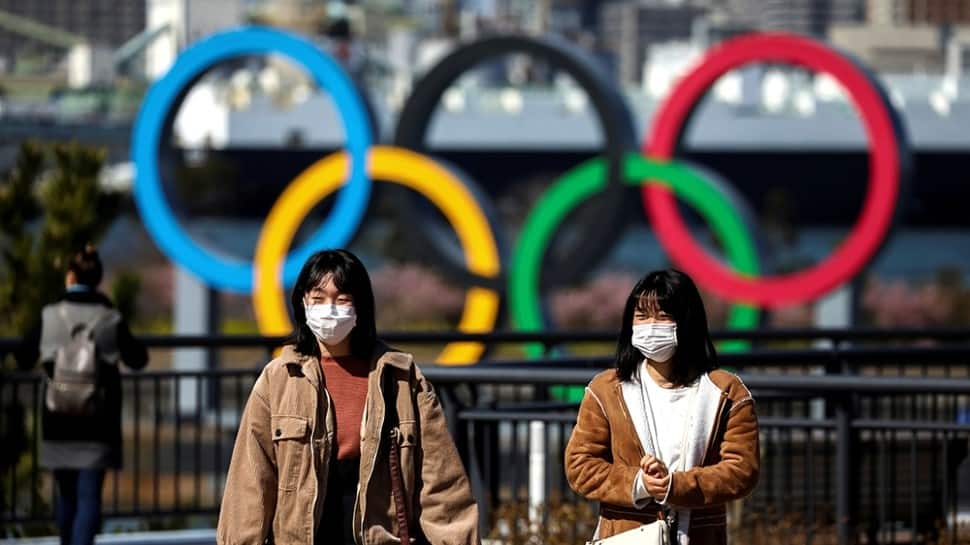
Major cricket tournaments that were postponed due to the pandemic: ICC T20 World Cup 2020, IPL 2020, ICC Test Championship, Asia Cup, The Hundred etc.
Major Football tournaments that were postponed due to the pandemic: Euro 2020 championships. Moreover, all other association football leagues were suspended and resumed after a brief hiatus. This included all major leagues across the world such as the Premier League, LaLiga, Bundesliga, Serie A and the Ligue 1.
Major Tennis tournaments that were postponed due to the pandemic: Wimbledon 2020 (called off). It is the first time since the Second World War that the Wimbledon has been cancelled. Other than that, French Open, Indian Wells Masters were some of the big tournaments which were postponed.
Badminton: Among the cancelled major badminton tournaments were the Swiss Open, India Open, Orleans Masters, Malaysia Open, Singapore Open, German Open and the China Masters. The 2020 Thomas and Uber Cup was postponed.
Formula One: The Formula One season was also severely disrupted by the coronavirus pandemic. The Australian Grand prix was called shortly after the opening round. The Monaco Grand Prix was also called off for the first time since 1954. The French Grand Prix was also called off, with Formula One resuming the season with the Austria Grand Prix. Other Grand Prix to be postponed were the Azerbaijan, Bahrain, Canadian, Dutch, Spanish and Vietnamese races.
Sports did return but wasn't the same
First the sporting events across the world were cancelled or postponed and despite making a comeback, sporting events are bearing the brunt of coronavirus.
New set of rules: Desperate times call for desperate measures. And this meant a tectonic shift in the rules and regulations across sports disciplines.
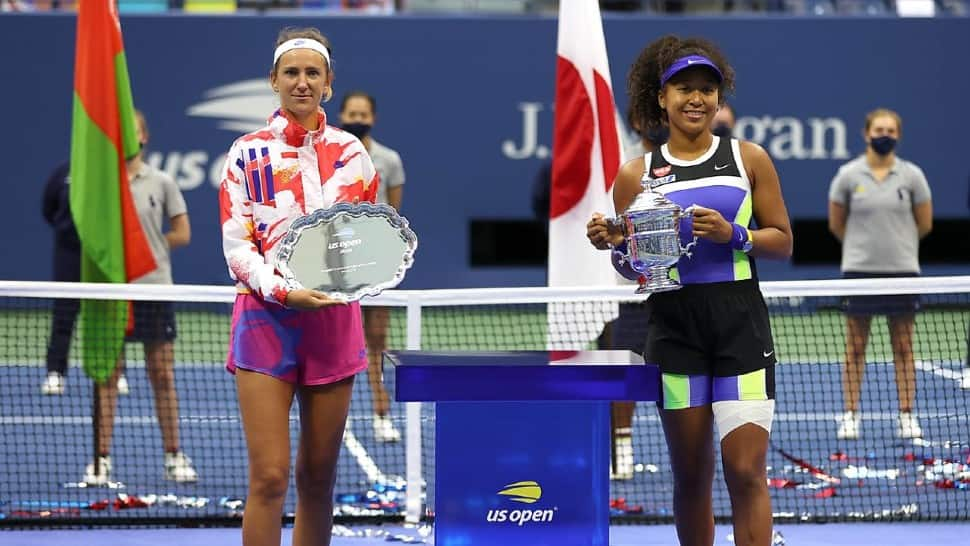
Rule changes in sports after the resumption had mostly to do with social distancing and avoiding as much contact as possible. For ex, cricket now has no saliva rule, while in European football, leagues allowed teams to make more substitutes—from three to five in a game—during the restart of the 2019-20 season, taking into account increased risk of injuries and fatigue.
In tennis, two Grand Slams and the World Tour Finals took place after sports returned. Players were not allowed to hand over their towels to ball kids and were instead given boxes on their sides of the court to place their sweat-soaked towels.
Pre-match handshakes were disallowed in all sports and teams arrived on the field at different times. And yet, match officials overlooked post-game interactions between the teams, which pretty much defeated the purpose of not allowing handshakes.
Moreover, matches of all sports were played in empty stadiums, until recently and fans are still not allowed in many stadiums around the globe.
Toughest of all – Bio Secure Bubble
Since the resumption of sports, teams have been instructed to stay within bio-bubbles, and so do the match officials and broadcast members. Mixing has been avoided as far as possible.
What is bio secure bubble?
Bio-secure bubble is an environment which is cut off from the outside world and its sole aim is to keep cricket teams relatively isolated from the outside world so as to greatly minimize the risk of COVID-19 infection.
Bio-secure bubble consists of two major rules:
- No outings, no contact with visitors, family
- Heavily restricted movement of players
Hence, everyone engaged in a tournament or series, including the players, support staff and match officials will be limited only to a few places.
However, bio-secure bubble has its own side effects and the rule has surely affected the sports to a great extent.
Not only players miss the adrenaline rush in the absence of fans but the lengthy quarantine period has taken a toll on their mental health which ultimately affects their game.
Given the amount of sports events taking place on average, being within these bubbles for a long time is a major concern for players and sports bodies across the globe and the severe affects of it have already been witnessed with many players opting out of various tournaments after failing to handle the strict conditions imposed on them.
For example, England's Tom Banton and Tom Curran pulled out of Australia’s domestic T20 Big Bash League this month as they found the toll of moving from bubble to bubble too much.
Notably, cricket has bear the brunt of bio-secure bubble a little more than others as unlike football, cricket matches are mostly played between different nations and due to quarantine rules teams can't opt for an immediate replacement or fly in a player when on foreign tours as the player will first have to serve a mandatory quarantine before joining the rest of the squad.
In such scenario, cricket teams are travelling with large contingent but still they face the shortage of fit players and same was witnessed recently during Sri Lanka's tour of South Africa where the Island country have five players injured and four out of them still came out to bat as they couldn't ask for the immediate replacement.
The India tour of Australia was the perfect example of how bio-secure bubble caused the crisis as ahead of the fourth Test in Brisbane, Team India's management were left scratching their head about which player to pick as more than half of the team was injured.
Stay informed on all the latest news, real-time breaking news updates, and follow all the important headlines in india news and world News on Zee News.
Live Tv



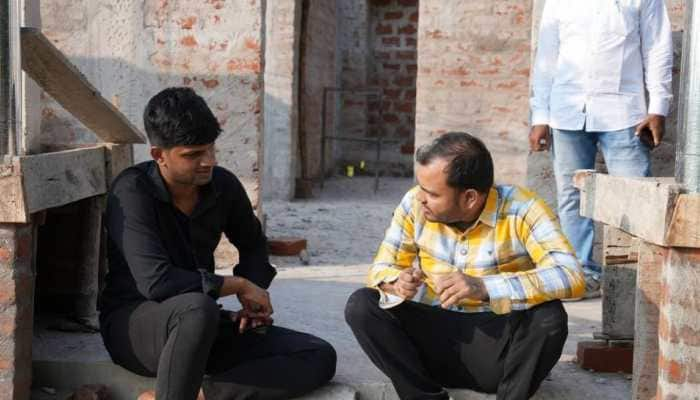
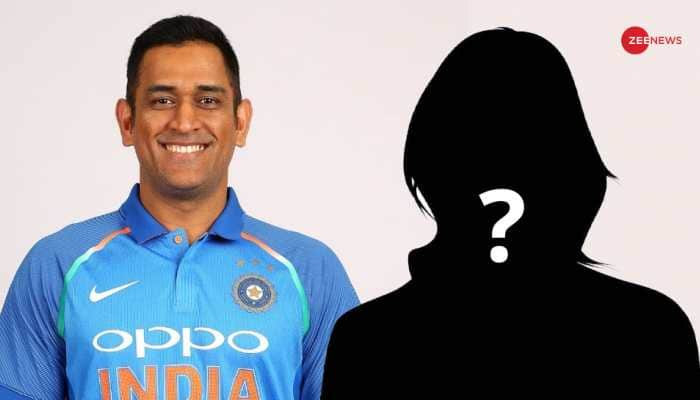
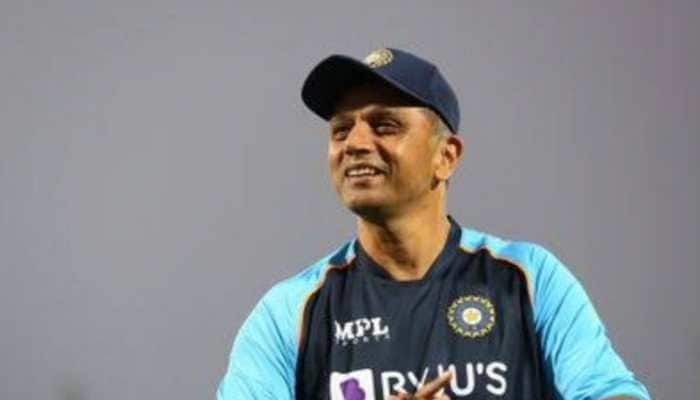

)
)
)
)
)
)
)
)
)
)
